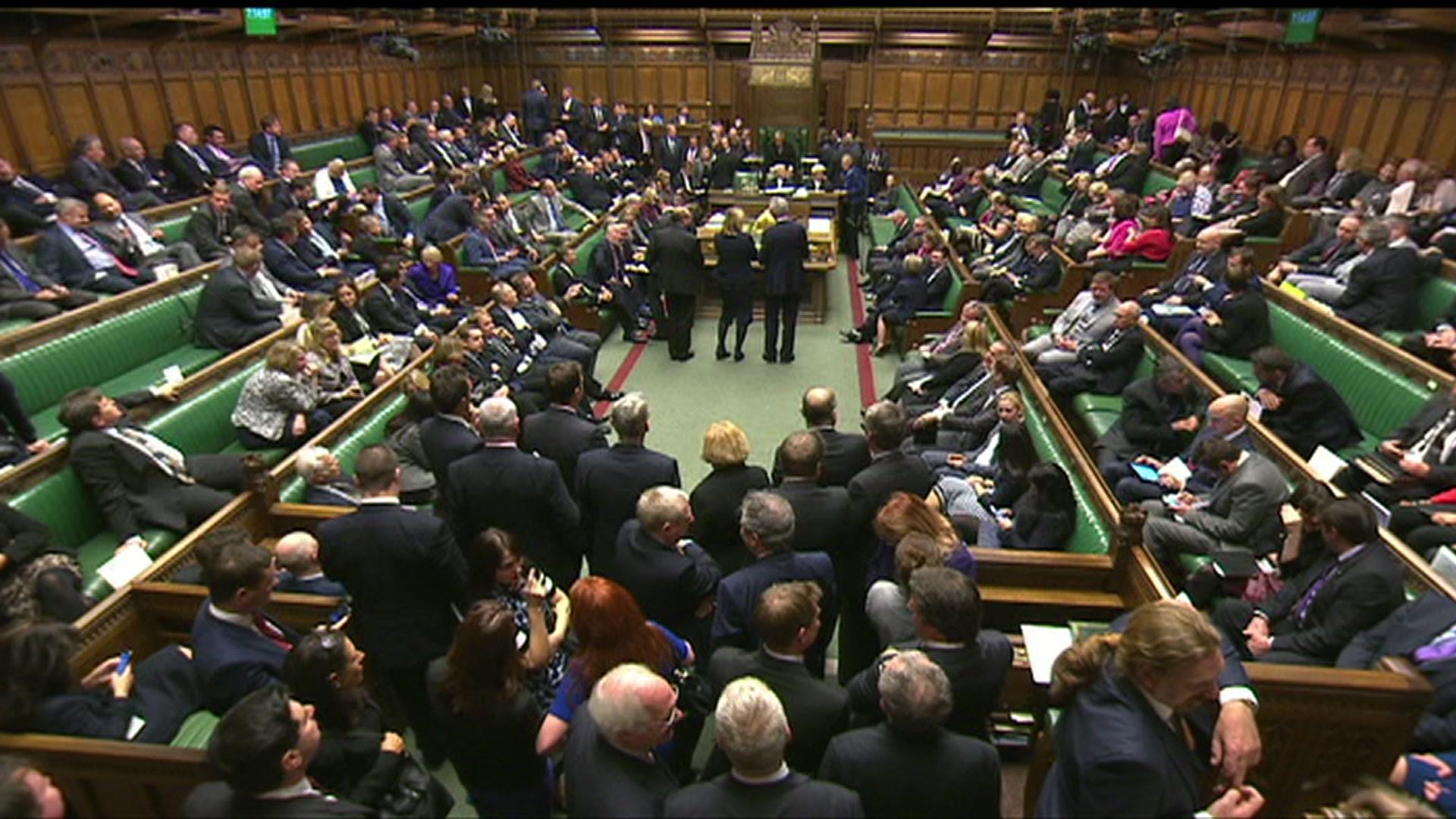Asylum seekers 'at risk of destitution' if benefits cut
- Published
Chloe Marong, coordinator of the Trinity Centre and Cardiff Asylum Support Advocacy, said refugees are in a 'twilight' zone
More asylum seekers could be driven into destitution if plans for benefit cuts go ahead, charities have said.
The Welsh Refugee Council and the British Red Cross criticised plans for stricter timescales on allowances and accommodation for failed asylum seekers who have agreed to leave the UK.
Those who do not accept voluntary return are usually not given support.
The Home Office said it could not comment while consultation on the reforms is ongoing.
If a refused asylum seeker agrees to return to their country of origin, they are currently entitled to apply for a £35 weekly allowance and accommodation until they leave the UK.
If they do not agree, they are not entitled to work and are usually unable to access official support, meaning they are classed as destitute - living in what has been described as a "twilight limbo."
Proposed reforms included in the immigration bill, currently going through Parliament, are likely to impose stricter timescales even if people agree to leave the UK.
There are also proposals to remove the right to appeal when benefits are refused.
Chloe Marong, coordinator of the Trinity Centre and Cardiff Asylum Support Advocacy, said: "Once someone has a decision to refuse their asylum claim, or a tribunal decision to refuse asylum claim, they will become what we call appeal rights exhausted...a refused asylum seeker.
"At that point the Home Office would say, they have to return home… unfortunately it's not that simple, and often people are unable to return home even if they want to."
BBC Wales reporter India Pollock speaks to refugee Adel
'Twilight limbo'
Many go underground, 'sofa-surfing' with friends while a minority end up living on the streets.
"They could in theory detain them at any moment or remove them back to their country - but the reality is that they don't, so they're left here destitute and homeless," said Ms Marong.
"They're in a sort of twilight limbo, essentially."
David Davies, Conservative MP for Monmouth and a member of the Council for Europe, said: "I have no doubt there are individuals who have been left in limbo for years, and that's very, very unfortunate.
"I also think that it's going to be impossible for the government to turn around and say 'we'll just carry on giving large amounts of benefits to people even where their asylum case has been turned down, it doesn't matter we'll just carry on giving you money' because if we did that nobody would, frankly, ever go home."
The Home Office said: "We are driving increasing numbers of voluntary departures from the UK through proactive encouragement."
- Published13 October 2015

- Published8 July 2015

- Published3 September 2015
